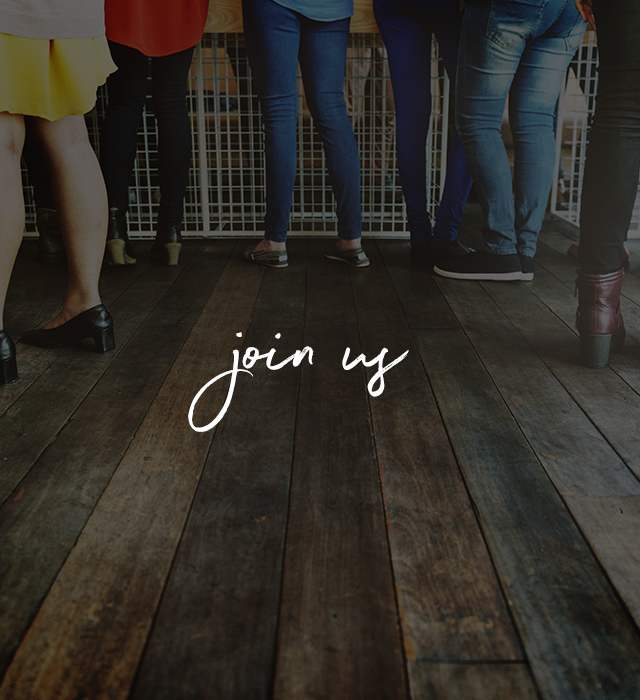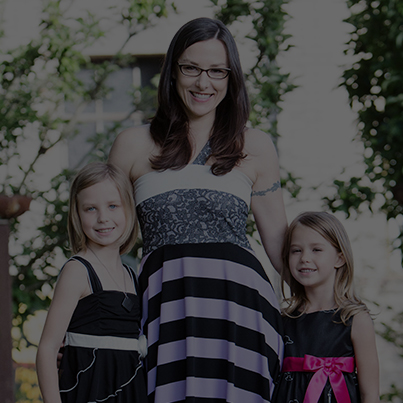Which of the 5 Life Story Types Do You Have?
Desire: Why You Want What You Want
Desire can be a pretty confusing topic.
In large part, because we receive so many mixed messages about it. Eastern traditions for example, tell us that desire is the root of all suffering. And Western culture tells us to satisfy our desires at all costs, preferably with a five-dollar coffee in our hand.
Yet, we also hear that we’ll be “spoiled” if we get too much of it. Whatever that means. So which is it?
Does desire make us suffer?
Or are we supposed to aim for what we want?
And does getting it make us bad?
One of the main reasons desire is such a confusing subject is because there are many different kinds of desires, but we use one word to describe all of them.
A desire to hug your child for example, is very different than a desire to slap your neighbor for messing with your trashcan. So, let’s break it down: There are two primary kinds of desire.
Band-Aid Desires
When satisfied, Band-Aid Desires give us temporary relief from pain. Let’s say you really want more affection in your relationship, but you’re not getting it. Your strong and sudden desire to hook up with one of your friends is most likely a Band-Aid desire. Giving into it will feel good, for a time. But it’s no substitute for what you really want. Having Band-Aid Desires doesn’t make us bad, and we’re not wrong for having them. They’re old coping mechanisms for relieving pain we weren’t taught how to deal with. It’s not always in our best interest to act on them, as the negative side effects of doing so can seriously outweigh the temporary pleasure, but it’s important that we not be hard on ourselves for having them, especially because it only makes them worse.
Heart’s Desires
Heart Desires come from come straight from the source. Dr. J. Andrew Armour at the HeartMath Institute has conducted extensive scientific research that shows the heart actually has its own nervous system. It’s so complex that the heart qualifies as being a “little brain” in its own right, complete with the ability to learn, remember, and sense independently of the brain. The desires that come from our hearts are special. You might have a Heart’s Desire to ride your bike across the country, visit every country in the world, volunteer to support at-risk youth, or open a bakery that serves 101 different kinds of croissants (call me up if you do that one). It’s common for us to doubt our Heart’s Desires, for a number of reasons. Our culture tends to value logic over all else and our Heart Desires don’t always make logical sense. We also doubt our Heart Desires due to buried fears about Having It All. But the good thing is, our Heart’s Desires don’t go away. They’re our own internal guidance systems’ way of telling us what we’re really meant to be doing. Our satisfaction of them is best for everyone.
Only You Can Know Which Is Which
The same object of desire can be a Band-Aid for one person and a Heart’s Desire for another. Let’s take a desire for a new car. If you want the car because you want to impress people to make yourself feel better, it’s likely a Band-Aid Desire for a deeper desire to be loved and accepted for who you are. You could, however, have a Heart’s Desire to get a new car that doesn’t need to be explained; one that comes from a pure place of wanting to do something nice for yourself.
The Real Cause of Suffering
In addition to there being different kinds of desire, there are also different ways we can relate to our desires, which affects whether or not they bring us pleasure or pain. Desire itself does not cause suffering. The way we relate to it does. The Buddha himself had a desire to teach meditation to others. Fulfilling this desire led him to less suffering, not more, because he wasn’t attached to his desire. He allowed it to happen. Here’s an example of how attachment causes suffering. Let’s say you have a desire to be with the love of your life. This desire can cause you to suffer or be happy depending on how you relate to it. If you lie awake at night pining for the person you haven’t met yet and obsess about the day you’ll meet, you’re overly attached to the desire. That is the cause of your suffering, not the desire itself. There’s nothing wrong with wanting to be with the love of your life. If you feel excited about the day you’ll meet while enjoying your life in the meantime, your desire will be a source of pleasure for you instead of pain because you aren’t attached to it. It’s always easy to manifest your desires when you aren’t attached to them, as being overly attached tends to push them away.
Your Heart’s Desires are there to tell you what you’re supposed to be, do, or have. They’re assignments from the Universe and honoring them is best for you and everyone else in the world.
If you feel like you could use more people in your life who you feel safe sharing your Heart’s Desires with, I invite you to join my free FB group TEA House where you’ll get nothing but love on the path toward manifesting your greatest dreams.







